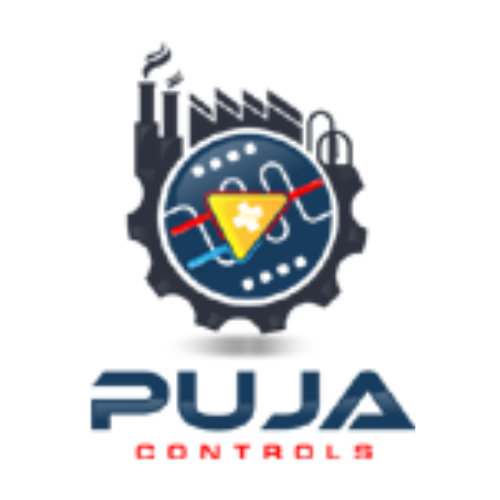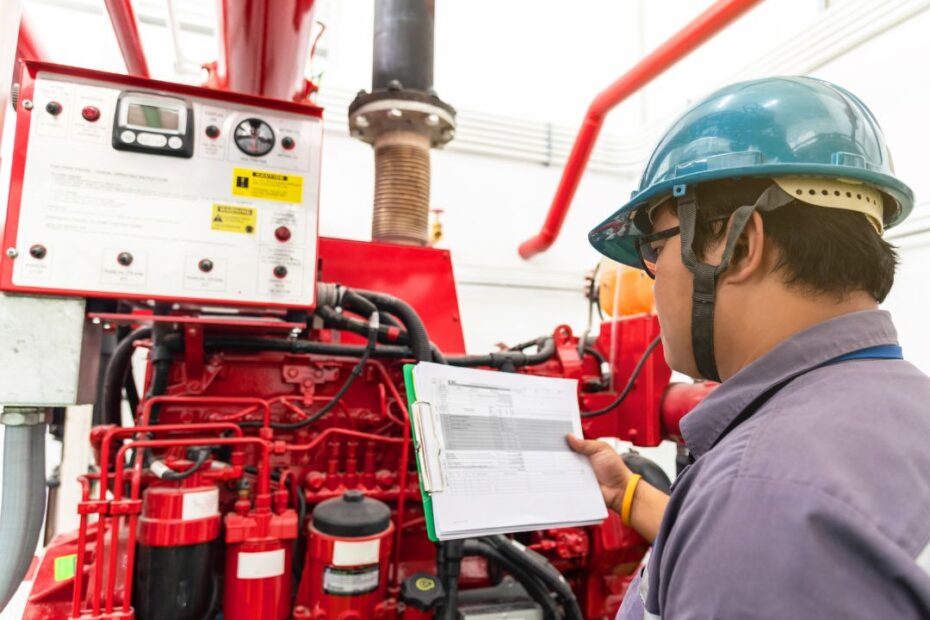Control Systems Engineering, often hailed as the backbone of modern technology, plays a vital role in shaping the functionality of various systems encountered in our daily lives. From regulating the temperature of our homes to optimizing the performance of our vehicles, control systems quietly work behind the scenes, ensuring efficiency and precision in numerous applications.
At the core of control systems engineering lies the concept of regulating and manipulating the behavior of dynamic systems to achieve desired outcomes. As a result these systems utilize sensors to gather data, controllers to process information, and actuators to enact changes based on feedback, creating a closed-loop mechanism that maintains stability and performance.
Control Systems for Transportation:
From Cruise Control to Autopilot
In the realm of transportation, control systems are indispensable. Whether it’s the cruise control system in your car or the autopilot feature in aircraft, these systems rely on feedback mechanisms to regulate speed, direction, and altitude and ensures smooth and safe travel experiences. By continuously monitoring and adjusting parameters, control systems enhance efficiency and reduce the risk of accidents on roads and in the skies.
Control Systems for Home Comfort:
Smart Appliances and Thermostats
Control systems have revolutionized home appliances, offering unparalleled comfort and convenience. Programmable thermostats, for example, use control algorithms to regulate indoor temperature, optimizing energy consumption and enhancing comfort. Similarly, smart appliances equipped with control systems can adjust settings remotely. They can learn user preferences, and even anticipate future needs, making household chores a breeze.
Control Systems for Manufacturing Efficiency:
Automation and Precision
In manufacturing, control systems play a crucial role in optimizing processes and ensuring product quality. From assembly line robots to computer numerical control (CNC) machines, these systems govern operations with precision and efficiency. As a result, by automating tasks and minimizing human error, control systems enhance productivity and drive innovation across industries. Also read Packaging Automation For Sustainable Manufacturing.
Healthcare Innovation through Control Systems
Precision and Patient Care
In the healthcare sector, control systems are instrumental in medical devices and equipment, improving patient outcomes and saving lives. Devices such as insulin pumps and ventilators rely on control algorithms to deliver precise doses and maintain vital functions. By providing real-time monitoring and feedback, control systems empower healthcare professionals to deliver personalized care with unmatched accuracy. Also read how labVIEW automation can be implemented in clinical laboratory.
Control Systems for Robotics and AI:
Shaping the Future
As we venture into the realms of robotics and artificial intelligence (AI), control systems continue to play a central role in shaping the future of technology. Autonomous drones, self-driving cars, and humanoid robots all rely on sophisticated control systems to perceive, analyze, and respond to their environments. Hence by integrating sensors, actuators, and advanced algorithms, control systems enable machines to exhibit human-like intelligence and autonomy.
Conclusion: The Impact of Control Systems Engineering
In conclusion, the applications of control systems engineering permeate every aspect of our daily lives. From transportation and manufacturing to healthcare and beyond. Furthermore these systems serve as the silent guardians of efficiency, safety, and innovation, shaping the world we live in and driving technological advancements for generations to come. Lastly as we continue to unlock the potential of control systems, their impact will only continue to grow, forging a future where precision and automation are the norm.

